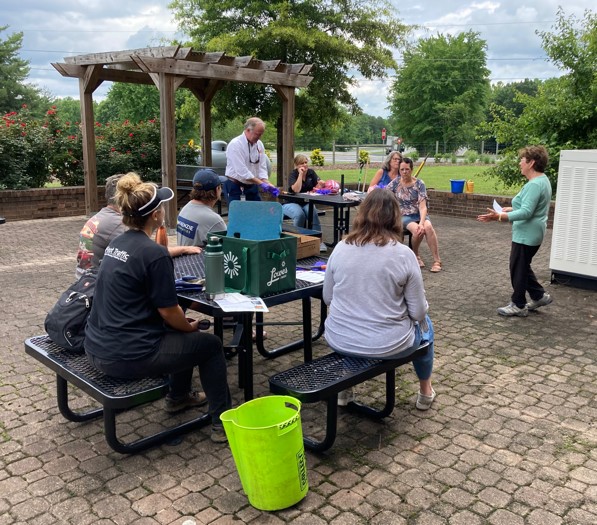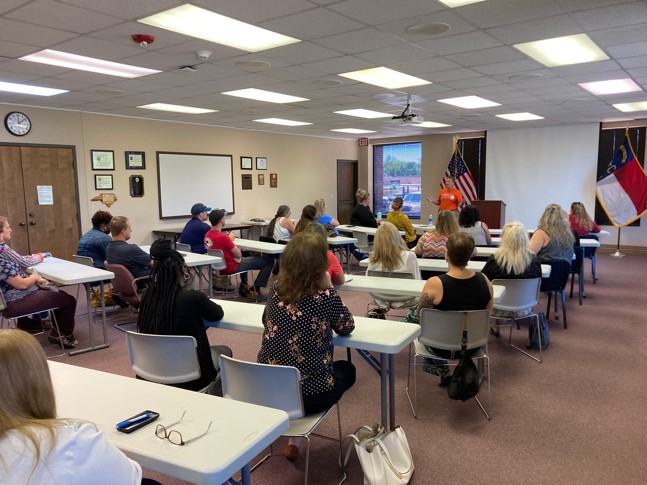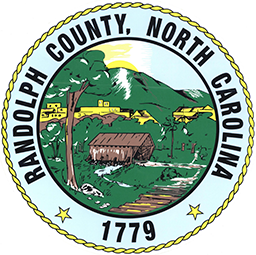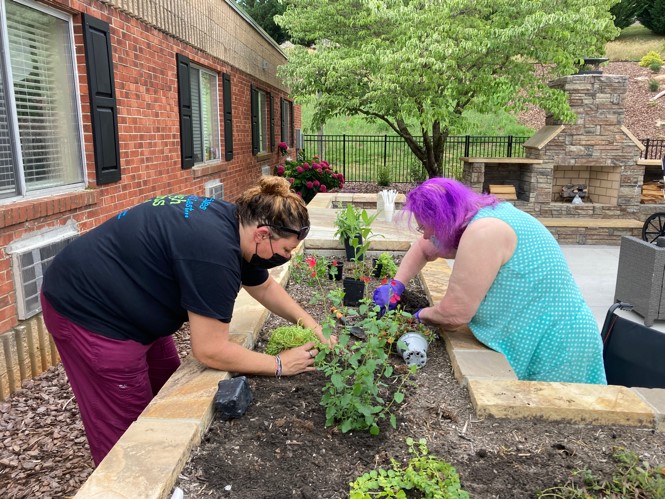Horticulture and Wellness in Randolph County
go.ncsu.edu/readext?805208
en Español / em Português
El inglés es el idioma de control de esta página. En la medida en que haya algún conflicto entre la traducción al inglés y la traducción, el inglés prevalece.
Al hacer clic en el enlace de traducción se activa un servicio de traducción gratuito para convertir la página al español. Al igual que con cualquier traducción por Internet, la conversión no es sensible al contexto y puede que no traduzca el texto en su significado original. NC State Extension no garantiza la exactitud del texto traducido. Por favor, tenga en cuenta que algunas aplicaciones y/o servicios pueden no funcionar como se espera cuando se traducen.
Português
Inglês é o idioma de controle desta página. Na medida que haja algum conflito entre o texto original em Inglês e a tradução, o Inglês prevalece.
Ao clicar no link de tradução, um serviço gratuito de tradução será ativado para converter a página para o Português. Como em qualquer tradução pela internet, a conversão não é sensivel ao contexto e pode não ocorrer a tradução para o significado orginal. O serviço de Extensão da Carolina do Norte (NC State Extension) não garante a exatidão do texto traduzido. Por favor, observe que algumas funções ou serviços podem não funcionar como esperado após a tradução.
English
English is the controlling language of this page. To the extent there is any conflict between the English text and the translation, English controls.
Clicking on the translation link activates a free translation service to convert the page to Spanish. As with any Internet translation, the conversion is not context-sensitive and may not translate the text to its original meaning. NC State Extension does not guarantee the accuracy of the translated text. Please note that some applications and/or services may not function as expected when translated.
Collapse ▲Master Gardener volunteers℠ in Randolph County delivered two “lunch and learn” programs for Randolph County employees in partnership with county Wellness Coordinator, Sam Varner and kicked off a gardening program with Alpine Health and Rehabilitation of Asheboro in June. Carving out a little time during a busy day to interact with plants may not seem like much, but numerous research studies show that interaction with nature can positively impact our physical and mental health resulting in increased productivity and satisfaction in the workplace. After over a year of coping with a global pandemic, a little bit of solace in the form of working with plants seemed to be welcomed wholeheartedly by all of our program attendees this month!
Our first program consisted of installing North Carolina native pollinator plants with county employees in the courtyard of the Randolph County office. These plants were donated by Master Gardener℠ volunteer, Pat Holder who is also the Triad Chapter NC Native Plant Society Certification Coordinator. Employees of the office buildings were able to come by during their lunch break to plant with us, learn about how native plants help to sustain healthy ecosystems, and learn a little bit about how to incorporate natives into their home landscape. “Educating people in our community about the benefit of native plants is one of my major life goals. This lovely bed in front of the Randolph County office was a welcome opportunity to share the value of natives,” says EMG Volunteer Pat Holder. Plants selected for the Pollinator Garden included: Orange Coneflower, Purple Coneflower, Phlox, and Butterfly Weed. This garden will soon be one of very few sites in Randolph County certified by the North Carolina Wildlife Federation as a Butterfly Highway site.

Pat Holder discusses the importance of native plants in our landscapes before the garden installation.
Our second program was taught by Master Gardener volunteer, Maxine Wright. Maxine, who is a retired member of the Asheboro police department and teaches using therapeutic horticulture practices for the ABLE program at Randolph County Community College, instructed program participants on the basics of houseplant selection, care, pest control, and placement. With this knowledge, participants gained the confidence to try something new, with 90% of participants offering feedback that as a result of the class they “definitely” anticipated adding the houseplants to their office space after class. This was excellent news because participants were able to leave our class with a pothos, or begonia plant of their own in introducing to their office as a component of a productive and healthy work environment.

Maxine Wright teaching Houseplants 101 to county employees during the “lunch and learn” wellness program.
Lastly, our work with Alpine Health and Rehabilitation Center took place in the form of planting raised bed gardens with staff and residents. Program participants at the rehabilitation center helped to plant and water in the garden under the direction of N.C. Cooperative Extension in Randolph County and now have a touch more greenery to look at and enjoy in their outdoor space. Colorful perennial pollinator plants and natives were prioritized to stimulate conversation, memory, and the senses of sight and touch. An herb bed was also planted to stimulate a sense of smell and add an aromatherapy component to the space. In the fall we will hold another program to replace the warm-season annuals with cool-season annuals to keep blossoms and green growth present during more baren winter months. Plant selection and design was facilitated by Horticulture Agent, Annie Mills and advised by Master Gardener volunteer Kim Lemons.
You can learn more about the plants used in these programs and how to incorporate them into your own landscape on the North Carolina Extension Gardener Plant Toolbox, more about the North Carolina Wildlife Federation Butterfly Highway, and more about therapeutic horticulture. If you are interested in learning more about the Extension Master Gardener℠ program of Randolph County or submitting a project proposal, please contact Annie at 336-318-6000 or akmills@ncsu.edu. Educating others is a required component of any Master Gardener volunteer project and will be prioritized during project selection.





